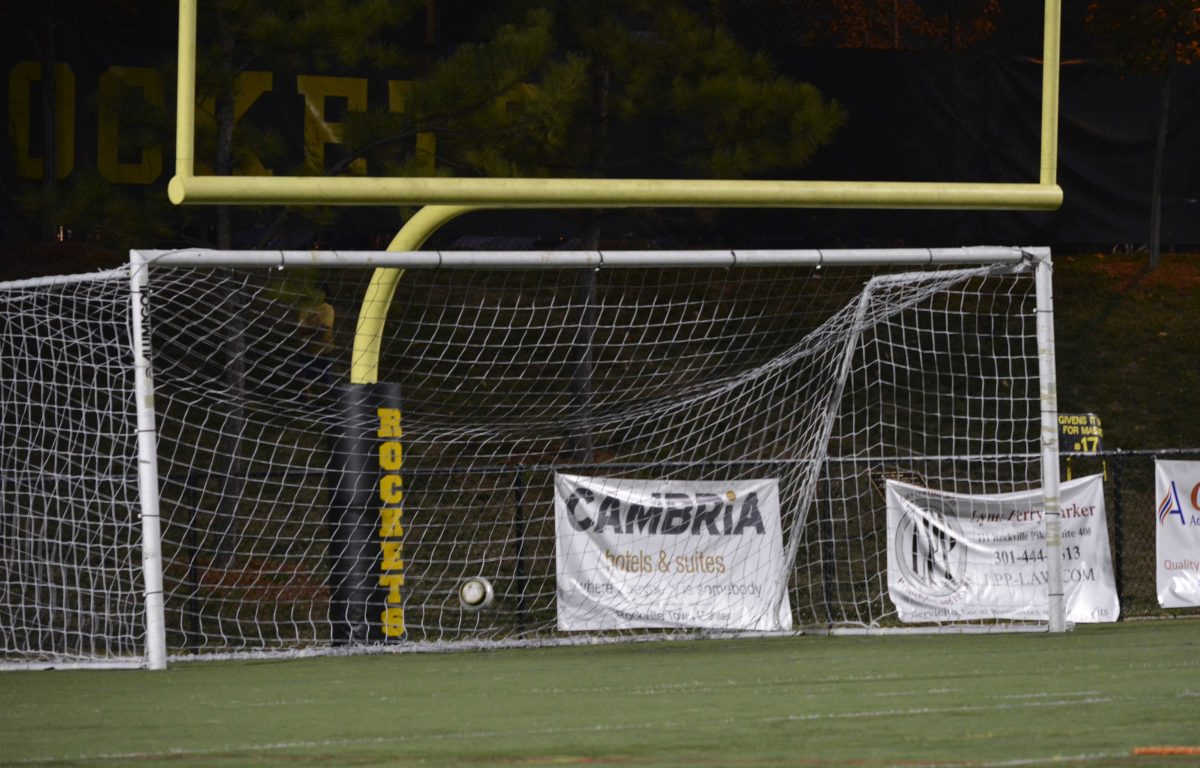Maryland governor Larry Hogan’s executive order calls for all public Maryland schools to adhere to the 180 day school year, to start school after Labor Day, and end by June 15. His executive order goes into effect in the 2017-2018 school year and permits counties to apply for a waiver with the Maryland State Department of Education in order to be exempt from the Labor Day starting date. However, Hogan’s executive order largely hinders MCPS’ intent to start school earlier.
At the October 10 business meeting, the MCPS Board of Education approved a resolution, which stated their preference for a school year that started before Labor Day. MCPS’ preferred schedule bears much similarity with our current calendar system, starting on Monday, August 28 and ending on Thursday, June 14. This schedule would go in effect if the Maryland State Department of Education approves MCPS’ waiver from the executive order, and complies with our traditional 184 day school year.
“I would understand it if there wasn’t also a cutoff day at the end of the year, but now it basically means we’re having the same amount of days, just in shortened time,” freshman Derek Chu said.
Sophomore Ananya Tadikonda similarly notes, “I think it really makes a big impact on our school system especially because we were going to push school a week earlier and now we have to go a week later.”
Students and teachers have found both advantages and disadvantages in a slightly longer summer break if the waiver is rejected. Social studies teacher Peter Beach says, “Me personally, I love it, because as a parent with kids who are very active over the summer, it enables a couple weeks to spend family time. I think kids need to be kids and they should enjoy their summers.”
Tadikonda, however, does not see much benefit in the longer break, noting, “The only benefit that I see is that students can have internships that start at that time of year and they’ll have some buffer time before they start school. However, a lot of parents do rely on college kids babysitting and they’ll definitely go back to college a solid three or four weeks before school starts.”
While not focused on the longer break, other students see different benefits from starting after Labor Day. Senior Autumn Barber says, “When we come to school, for two weeks after we have four day weeks, so why not start it later? I think it would help us adjust to school if we start after Labor Day.”
However, others are concerned about the educational impact of a shorter and later school year. “I think one of the main things to take into consideration is that we’re compressing the school year, so teachers will have two weeks less. The AP and IB dates don’t change no matter when you start school. I feel like if the school year is pushed back, then the parts that will be cut out will be the review, which is vital,” Tadikonda said.
MCPS recently created two other proposed schedules for the following school year, which follow Hogan’s order in the case the waiver is rejected. While both of these schedules have a starting date of Tuesday, September 5, one ends on Friday, June 15 with a 184 day school year and the other ends on Wednesday, June 20 with a 184 day school year.
If forced to shift to a September 5 start date, a few changes would be implemented to our current schedule, as shown with the two backup proposals. The traditionally late February or early March early release day, used by teachers for interims, would be moved to Friday, February 16. Additionally, these calendars list a proposed contingency day in the event of excessive school closings, one of them being the first Monday in spring break, March 26.
There is general consensus among students in their dislike of the spring break contingency day. “I think that that a spring break contingency day is a bad idea just because a lot of families book their vacations very much in advance and it’s hard to predict whether or not they will need to use the contingency day. The plan would hinder families in being able to plan ahead of time and it shortens vacations unnecessarily,” Tadikonda said.
Meanwhile, other students resented the makeup days in general. “Let’s be honest, when we make up school half the kids don’t even come to school, no one wants to be there, and the teachers don’t even bother teaching,” Chu said.
As MCPS anxiously waits the waiver’s fate, it is important to remember that the executive order would only remove five days from our preferred school year. “A week here or there in the grand scheme of things is not going to change a whole lot. I think a lot of people are going to get excited about it, but the sky is going to be falling on both sides no matter what we do,” Mr. Beach said.













